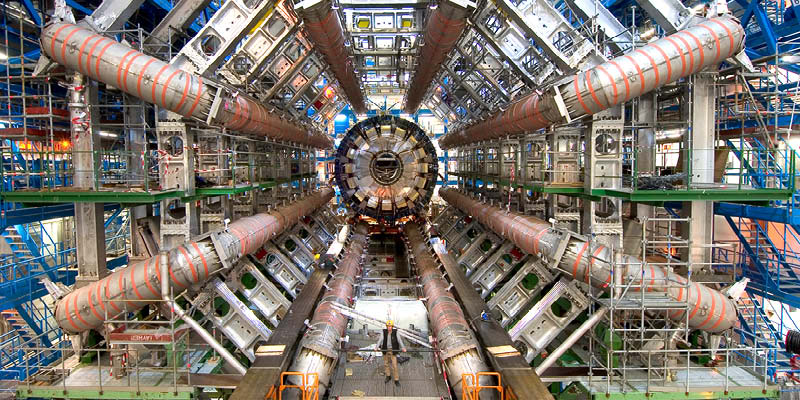In This Section
- Home
- About the College
- Governance
- College Committees & Steering Groups
- College Assembly
- College Council
- College Executive Management Committee
- College Academic Programmes and Curriculum Development Committee
- College Graduate Studies Committee
- College Research & Innovation Committee
- College Teaching Learning and Student Experience Committee
- College Student Recruitment and Outreach Committee
- College Sabbatical Research Leave Committee
- College of SEFS Adjunct Appointments Committee
- International Education Committee
- College Postgraduate Student Committee
- Athena SWAN Steering Group
- College Committees & Steering Groups
- Human Resources
- UCC STEM Awards
- Scholarships and Prizes
- Women in STEM Panel Talks
- Inaugural Professorial Lectures
- Athena SWAN in SEFS
- Proposal Calls
- Contact Us
- Science in Society Public Lecture Series
- Governance
- News
- Staff
- Schools and Departments
- Current Students
- Undergraduate Courses
- Postgraduate Courses
- International Students
- Research and Innovation
- Employability and Careers
- Outreach and Public Engagement
- Science Week
- Transition Year Programmes
Accelerating Potential - How UCC can Maximise Associate Membership of CERN

Founded in 1954, CERN hosts the largest engineering and physics experiment on the planet, covering >550 acres on the Franco-Swiss border near Geneva.
Research undertaken deep underground advances the boundaries of human knowledge, providing insight into the fundamental laws of nature. Knowledge arising from this research has been key to the development of applications including the internet, advances in medical imaging, radiation therapy and communications, including the creation of touchscreen technology. An overview of the main objectives can be found here.
Ireland becomes an Associate Member of CERN
In 2026, after many years of campaigning, Ireland will become an Associate Member of CERN, a longstanding national goal. This key action will provide Irish researchers, teachers, students, and apprentices with the opportunity to train, apprentice and intern at CERN – and for Irish companies to engage in ways previously not accessible. The knowledge, understanding and technologies returned to Ireland will directly support key national strategic ambitions to intensify our commitment to a knowledge-based economy, building capacity in knowledge absorption, human capital, and research infrastructures.
CERN has four pillars of focus upon which it was founded – Research, Collaboration, Education & Training and Technology & Innovation. Today, thousands of researchers from (currently) ~116 nationalities work collaboratively to define understanding of the basic constituents of matter – those fundamental particles, such as electrons, photons, and positrons from which every else is ultimately formed. Advancing understanding of how nature works at the most fundamental level provides the knowledge required to develop technologies of use to society, particularly in cancer treatments, medical imaging, cultural heritage, aerospace, sustainability and computing, from simulation and data processing to artificial intelligence and quantum technologies.
Engagement for UCC researchers with CERN is not limited to physicists
The world’s largest particle physics laboratory comprises an accelerator and detection complex that includes the 27km Large Hadron Collider (LHC), with its integrated particle detectors at multiple locations. To maximise its potential, the LHC requires expertise across many disciplines, including physics, engineering (all disciplines), computing, photonics, advanced materials, mathematics, modelling and technicians. Application of this integrated expertise is fundamental to the development of new knowledge that drives discovery and technological advancement.
There is also the opportunity for disciplines across the social sciences, the arts and humanities to become involved in CERN activities. From artistic residences, commissions and exhibitions to participatory research and policy development, CERN partners with multiple disciplines in locations around the world to continually enrich society in meaningful ways.
Maximising UCC’s link with CERN
CERN currently has a staff of ~2,600, with almost 14,000 researchers working across the myriad experiments currently underway. At this time, there are 33 registered Irish users, a small number that Associate Membership will provide an opportunity to increase. Current Irish activity spans universities nationally, including UCC, which is involved in field monitoring and numerical modelling of tunnel infrastructure at CERN, while Tyndall National Institute is supporting the fabrication of precision micro-channel connectors for its detector arrays.
There are continual needs for expertise across many disciplines for the multiple experiments underway at CERN. There is no centralised access point for researchers to explore the opportunities for engagement with CERN experiments. Connection is reliant on identification of an alignment with an evolving need and a suitable point of contact for that specific experiment or activity. The most fruitful approach is to link with existing collaborators, reaching out to individuals or via a COST Action group, allowing for full understanding of what is required by specific CERN experiments and thus for expertise to be identified and aligned for collaborative engagement.
What is next at CERN?
The next stage in CERN’s evolution is development of the Future Circular Collider (FCC), which, at 90km will be four times larger in diameter and six times more powerful than the LHC. As the feasibility study for the FCC continues, the opportunity for engagement by geologists, environmentalists, engineers (all disciplines), mathematicians, material scientists, social scientists, physicists, and others has never been greater.
College of Science, Engineering and Food Science
Coláiste na hEolaíochta, na hInnealtóireachta agus na hEolaíochta Bia
Contact us
Block E, Level 3, Food Science Building, UCC, Cork, T12 YN60.
